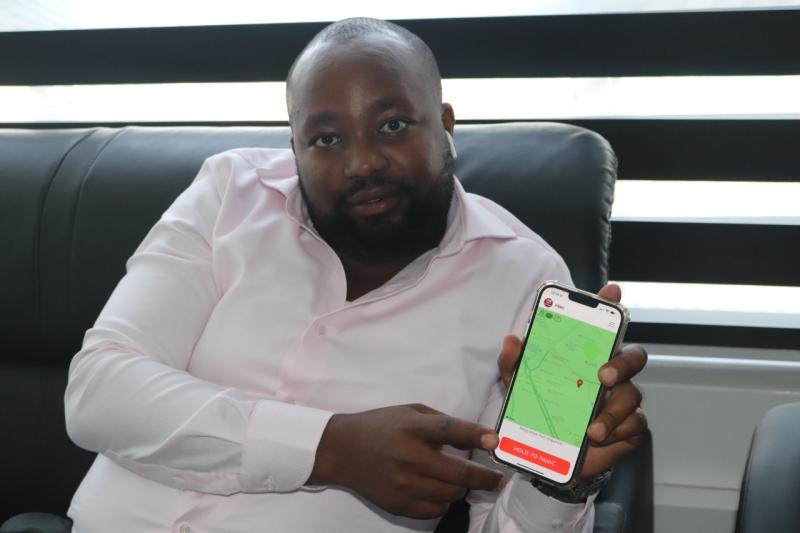×
The Standard e-Paper
Home To Bold Columnists

Samuel Karonji, founder of SwiftResponse [File]
Imagine getting a medical emergency at night and there are no ambulances or any other rapid response methods available. Even worse, imagine getting caught up in a robbery or a road accident.